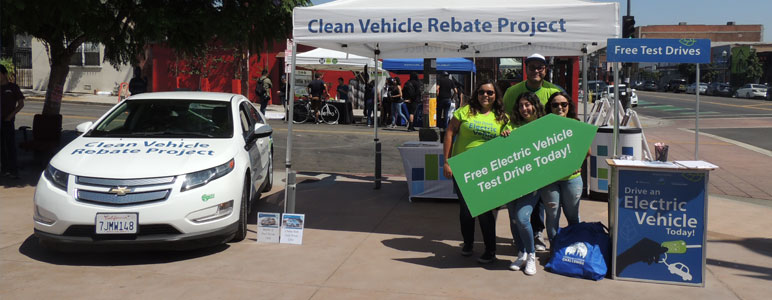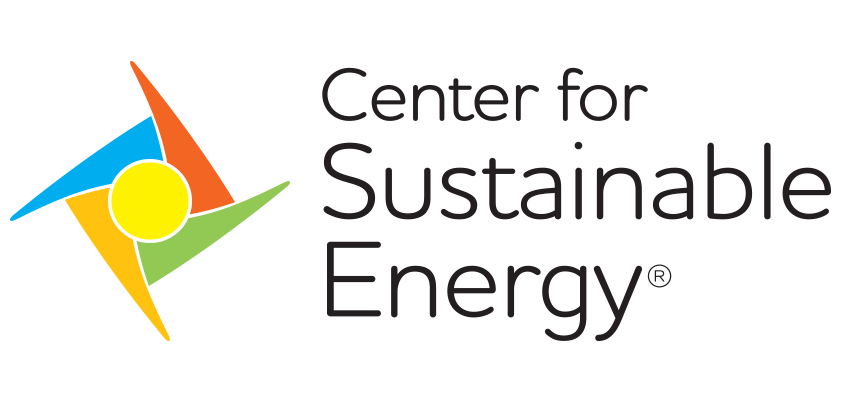
Lower-income residents living in California neighborhoods surrounded by freeways and highways are disproportionately impacted by air pollution spewed by the millions of gasoline-powered cars and diesel cargo trucks on the road.
Some of these communities are also located next to rail yards and ports, which are some of the state’s biggest sources of air pollution. These same communities also are often plagued by poor land use policies that result in homes located near polluting businesses and industrial facilities. And with sparse green spaces and parks, there are fewer plants to help remove pollutants from the air.
Clearly, residents in low-income and disadvantaged communities can benefit the most from the public health and economic benefits of cleaner transportation. In other words, if they could drive a car that does not emit toxic fumes out of its tailpipe, they would be helping to clean the air in their own backyard. They would also benefit from savings offered by driving an electric vehicle (EV) because of significantly reduced maintenance and fuel costs.
California has set its sights on prioritizing investments in the state’s clean transportation sector that work toward achieving social, economic and environmental equity while concurrently reducing greenhouse gas emissions and helping to meet climate action goals. One of the main efforts is to establish programs that promote and provide affordable access to EVs by incentivizing their adoption by Californians in disadvantaged and low-income communities.
Preappoved EV rebates
Earlier this year, California’s Clean Vehicle Rebate Project (CVRP) launched Rebate Now in the San Diego region, a pilot project primarily established by the California Air Resources Board (CARB) to help lower-income consumers acquire passenger EVs. It gives eligible residents the opportunity to be approved for a CVRP rebate prior to purchasing or leasing a new vehicle. This contrasts with the current CVRP rebate that is issued after the EV sale or lease.
Consumers who are preapproved for the rebate can confidently walk into a dealership knowing that they can use it toward their down payment. For most consumers, but particularly for lower-income consumers who might not be able to afford the upfront price, Rebate Now can make a big difference in whether or not they decide to purchase or lease an EV. It not only helps lower the cost of the vehicle, but it also means that they do not have to wait for the rebate reimbursement.
Increased EV rebates
Another way CVRP is striving to better serve lower-income consumers is by offering increased rebates—up to $4,500 to purchase or lease a new battery electric vehicle and $3,500 for a plug-in hybrid electric vehicle. If this amount is preapproved through Rebate Now, it means these consumers can use the money toward the down payment of the total vehicle cost, or if they wish, use it as the whole down payment. This is a significant amount. For example, if the EV they plan to purchase costs around $30,000, and they use the whole $4,500 as the down payment, then they would only be responsible for paying off the remaining $25,500. As a result, they might get better financing rates and definitely would make lower monthly payments than they would have on the original vehicle cost.
In a survey of plug-in EV purchasers living in disadvantaged communities across the state who received CVRP incentives, more than 80 percent of respondents said their rebate was very or extremely important in their decision to drive electric.
Opportunities for all
As the CVRP administrator for CARB, the Center for Sustainable Energy is enthusiastic about the benefits that Rebate Now and increased rebates offer consumers, especially for those who live in disadvantaged and low-income communities across California.
To determine all the incentives available to you based on where you live, EV type and household income, see our CVRP Savings Calculator.


